What no shave November is all about
Most people participate in no shave November because it’s fun, but many do not know the real meaning of it.
Throughout the month of November, a charity named Movember calls for the support of men to grow out their facial hair. The goal of the foundation is to raise awareness to improve the quality of life for men. Movember brings about health issues such as prostate and testicular cancer, while also raising awareness for men with mental health issues and suicide prevention.
The main way to support the foundation is to grow your facial hair out in support for men fighting an uphill battle. Another option is walking or running 60 miles in the month of November in support of the 60 men that are lost each hour to suicide. Men all around the school are beginning to show their support by growing out their facial hair.
“This is an easy way to show support to things I believe in,” president Corey Quinn said. “I have known men that have been impacted by suicide as well as other mental illnesses, I’m going to take this occasion to be both more aware myself of those issues and show my support to those men and all people.”
On average men live six years shorter than women due to health issues that can easily be prevented. Prostate cancer is projected to double in the next 15 years, while testicular cancer has doubled in the past 50. Men account for 75 percent of suicide caused today. Trying to bring these issue into the light, Movember urges men to take action to support these causes.
“It’s important to me because my father has had cancer several times,” senior Troy Schneider said. “My dad’s buddies have also been affected and even killed by cancers such as prostate cancer.”
The Movember Foundation urges men to take simple steps to avoid the hardships of mental health issues and cancer. One easy step is to know the numbers, researching the time and age to get tested for prostate cancer. Detecting prostate cancer in the early stages gives you a 98 percent chance of survival whereas discovering later on leaves you with a 26 percent chance of survival. In addition to knowing the numbers, staying open and attentive to a friend could be life saving for someone going through a rough patch.
“I think it’s important to get out of my comfort zone and do something I normally don’t do,” senior Colin Goodwin said. “I want to support people with cancer and the struggles they have to go through.”

Favorite food:
Sour patch kids
Hobbies:
Long walks in the park and volleyball
Favorite fast food place:
Chick-fil-A
Never shower for the rest of your life or never brush your teeth?
Never...

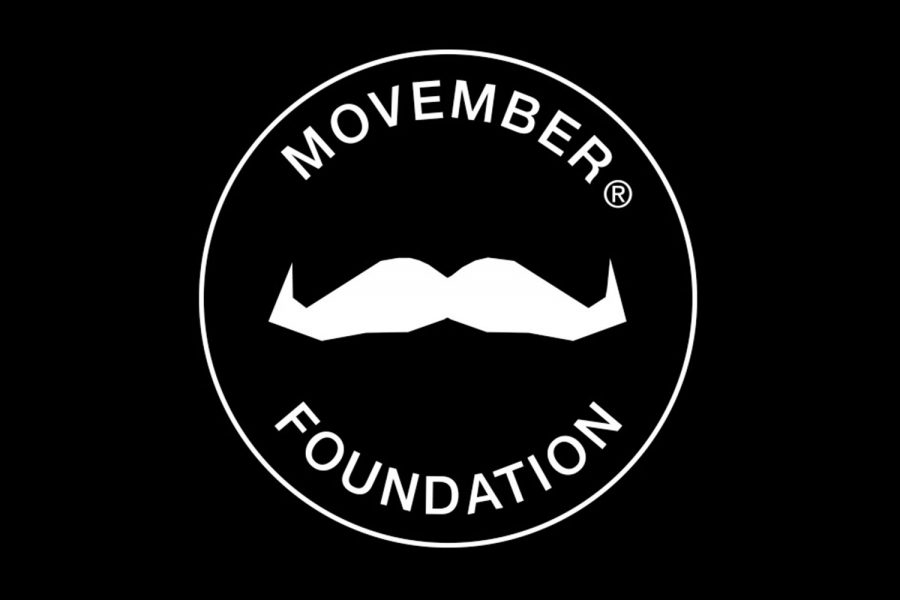



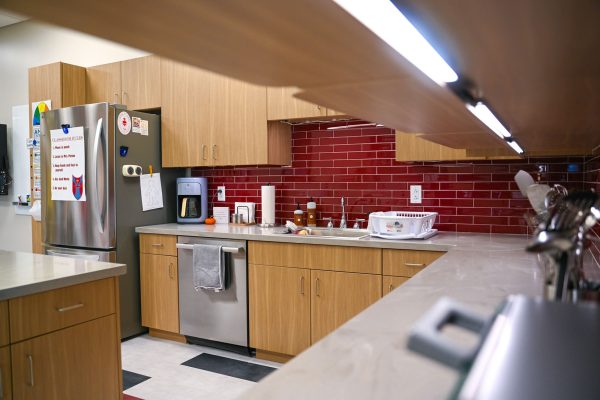

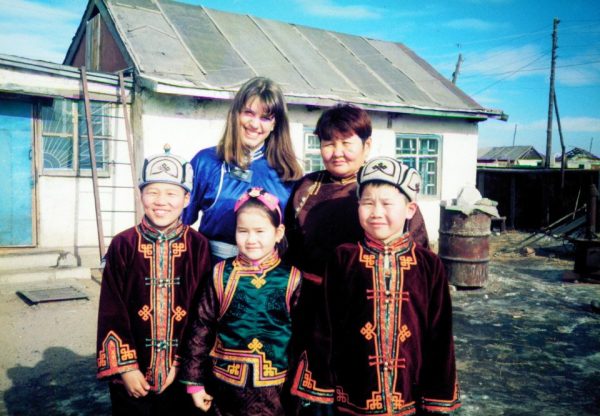
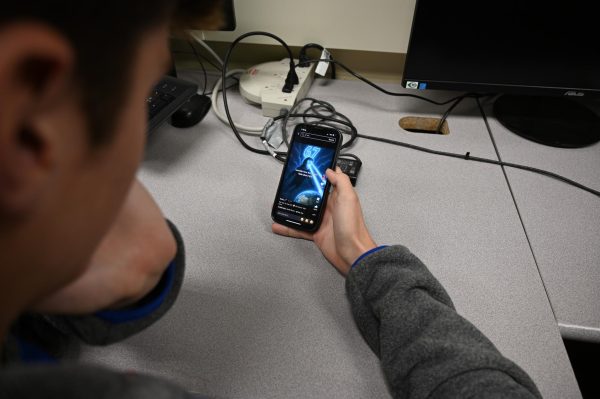
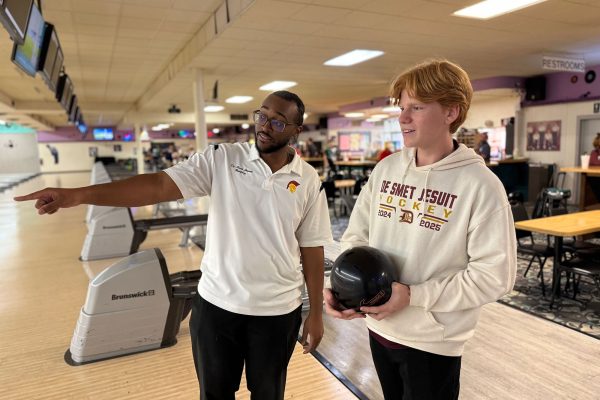


Rob Caldwell • Nov 5, 2018 at 7:12 am
Thank you for the invite to show support and participate. Well written and thoughtful. Keep up the good work.